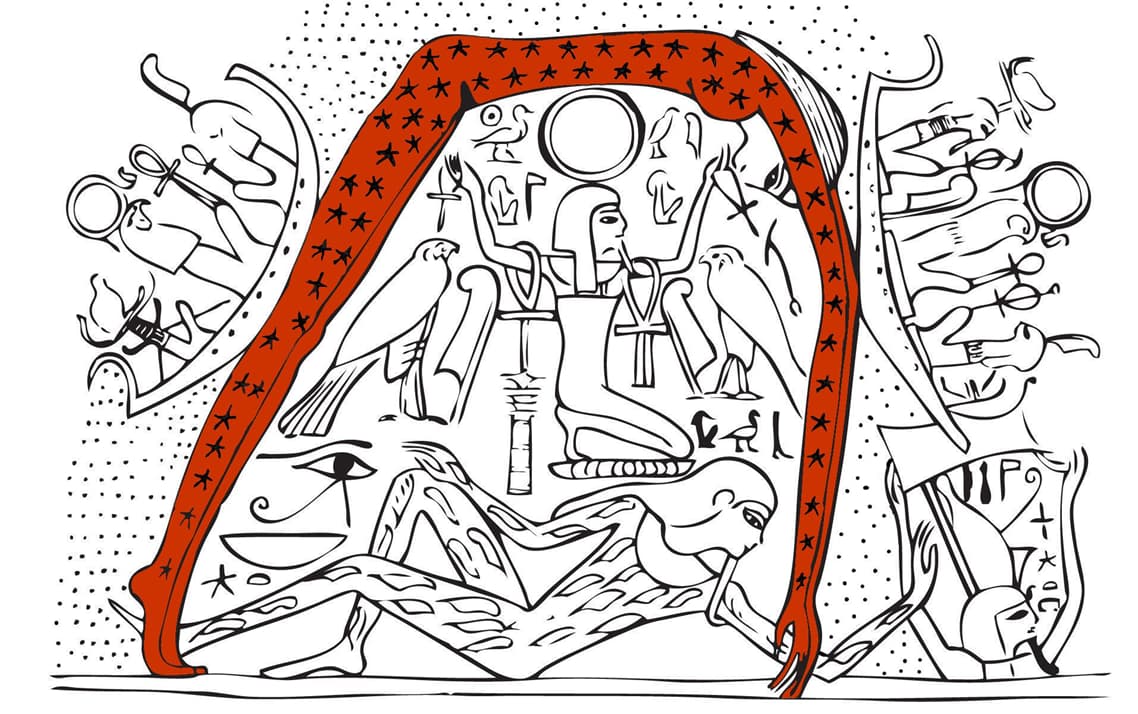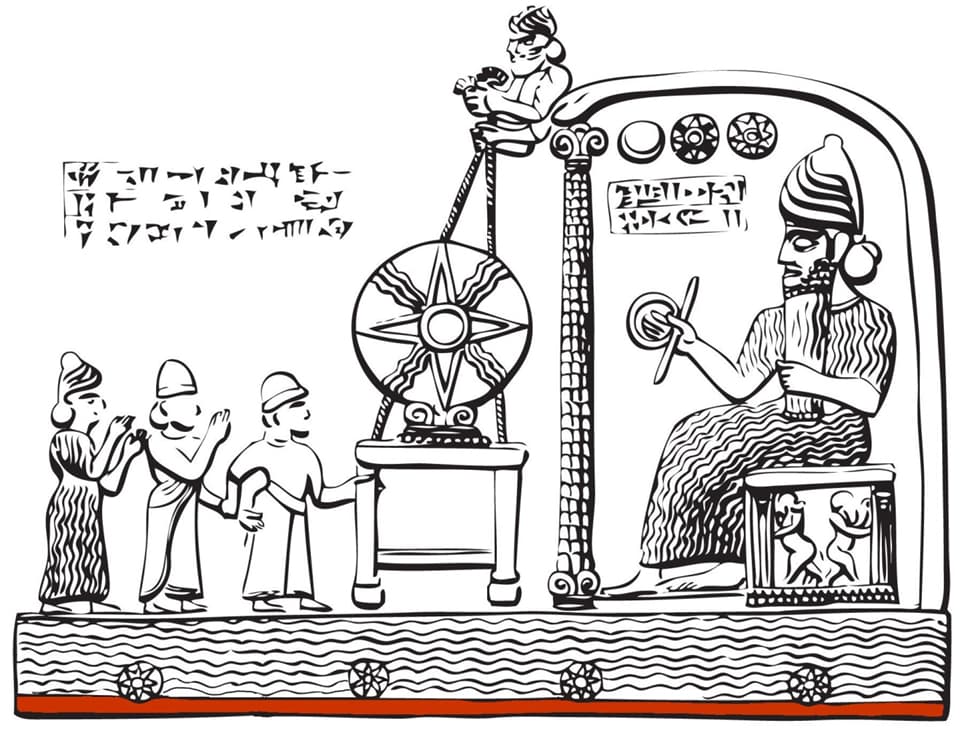Hi Dave, welcome to the forum. I hope you find what we have to say useful and constructive, and likewise that we can learn from you too. As they say, “iron sharpens iron.”
Science and faith, or reason and faith, are definitely compatible, and you are right that it is a false choice to insist that we have to go for one or the other. But the relationship between the two and how they can interact together is often badly explained.
I like to illustrate it by referring to the TV series Dragons’ Den:
Every successful pitch to the Dragons consists of two parts. The first is where they ask the candidates about the basic facts of their pitch. Have they researched their potential market? Have they calculated production costs and likely profit margins? Do they have any balance sheets to demonstrate existing sales? Do they even know what a balance sheet is? And so on and so forth. This part is the part that illustrates science and reason: it is about establishing the integrity of the information that they are being given.
The second is where the Dragons actually make a decision about whether or not to invest, and if so, with how much. Usually there is a certain amount of risk involved in doing so, and sometimes one Dragon will see an opportunity in something that others think is going nowhere. This part is the part that illustrates faith: it is about acting upon the information that they are being given.
Without reason, the Dragons would end up investing in people who don’t know what a balance sheet is, or who are only pitching vapourware, or who are trying to enter into markets that are already saturated with overpriced products that bring nothing new to the table, or who are flat-out lying to them. On the other hand, without faith, they would end up not investing in anything.
Now having said that, a word of caution is in order here. One of the mistakes that many people make when trying to get into science-based apologetics is that they attempt to make ill-informed challenges to well established scientific theories such as evolution or man made climate change.
I’m not saying this to try and argue that “evolution is a fact, get over it,” but to make the point that challenging a scientific theory is difficult. It is difficult because you need to make sure that you are challenging what scientists actually do and say in reality when they research and teach it. You need to make sure that any evidence that you cite in support of your challenge is accurately described and measured, and you need to understand the basic rules and principles that apply when analysing and interpreting evidence. These things require extensive study and a thorough grounding in the subject matter at hand. Most challenges to the theory of evolution that I see contain serious misunderstandings and confusion about what the theory actually says. For starters, it is often viewed as if it were a fundamentally atheistic concept, when in reality it says nothing whatsoever to challenge the existence of God or His involvement in the process.



